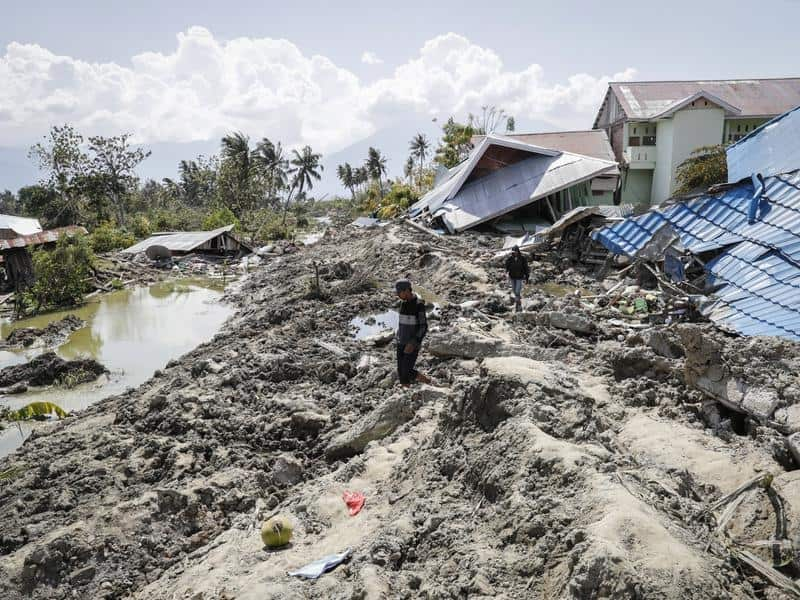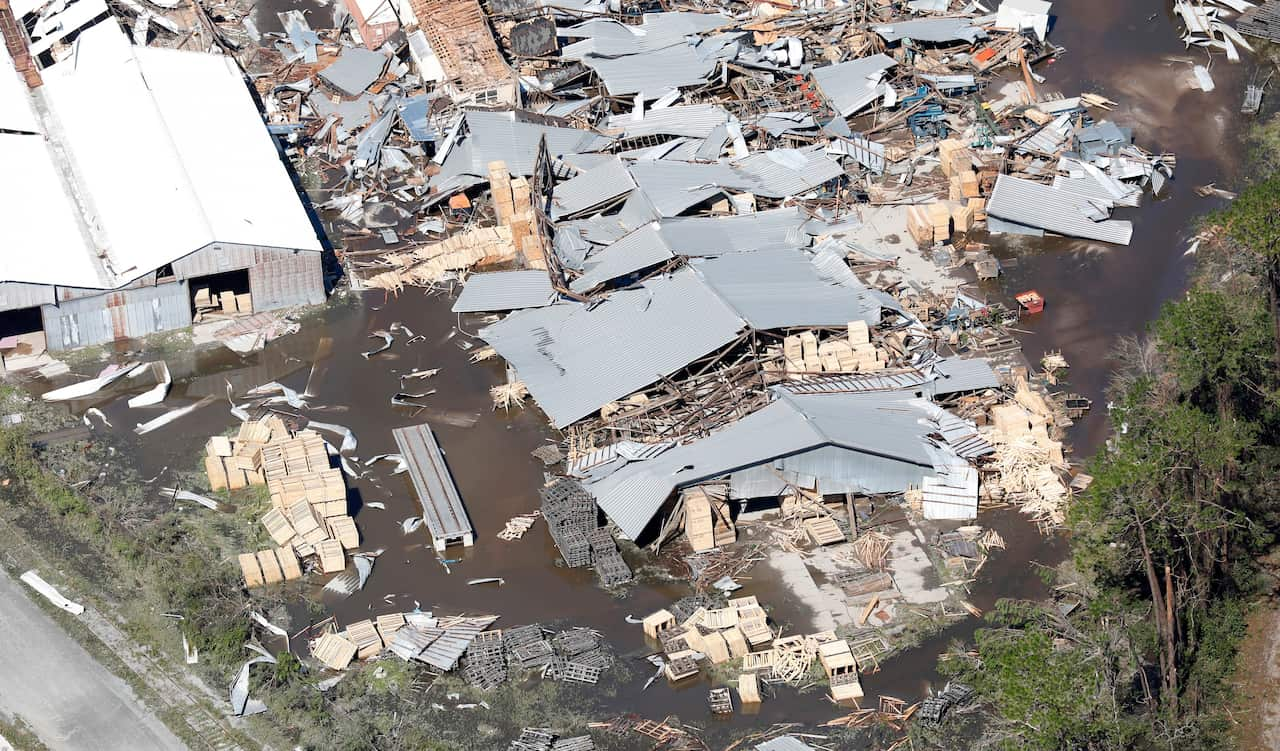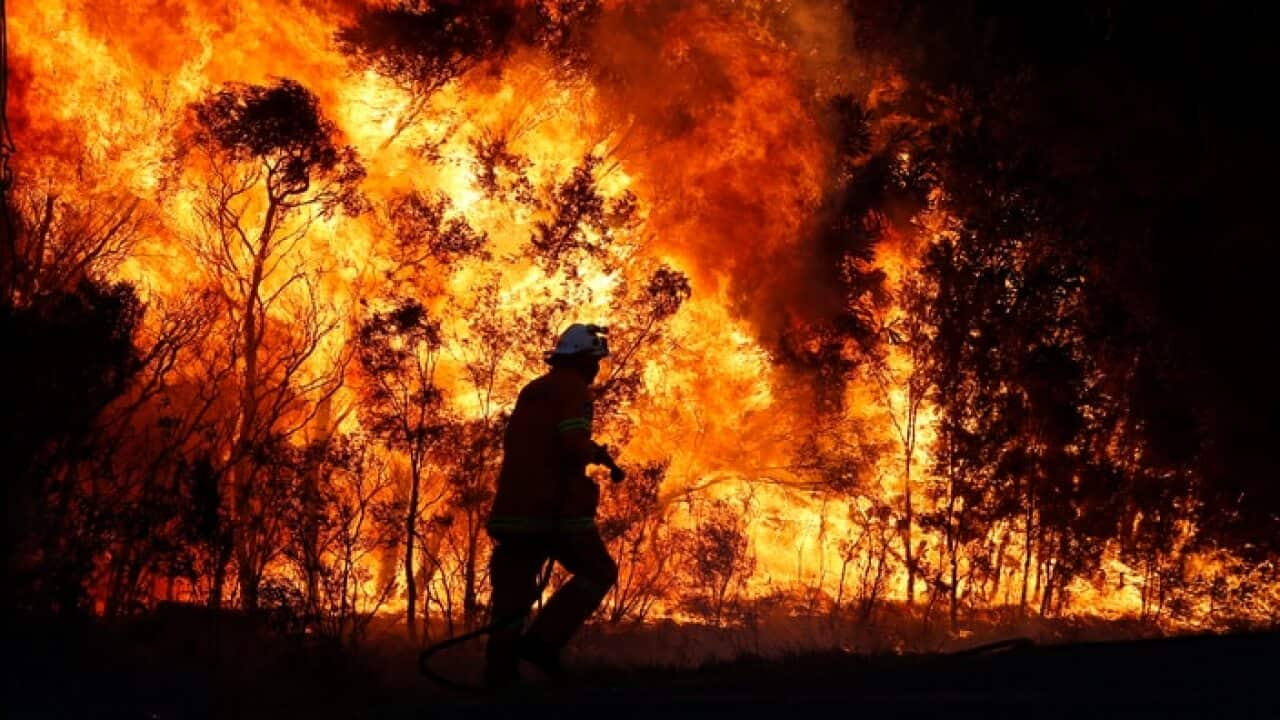Australia and the greater Asia-Pacific was the most disaster-prone region in the world last year, according to a new report.
The Red Cross 2018 World Disaster Report, released on Tuesday, found the region suffered through two-fifths of the 335 cyclones, floods, bushfires and earthquakes recorded worldwide.
Over the last year, almost 10,000 people were killed by natural disasters while global economies were impacted by $472 billion.

Deputy head of the International Red Cross Dr Jemilah Mahmood said the devastation was most acute for the world's most vulnerable.
And he said many more people in the Asia-Pacific region are likely to be affected in the years ahead.
"Floods, cyclones, typhoons, they are more and more visible and happening more in the Asia-Pacific region, coupled with the fact that this is a growing region, there are more and more people living in and moving to urban settings."
Bushfires were cited as an increasing threat to Australia.
Rob Rogers from the New South Wales Rural Fire Service said their impact is intensifying, even in what has traditionally been the off-season.
"The fire season has certainly lengthened and what we've found is that we're having fires that are difficult to control, that are not in traditional fire seasons," Mr Rogers said.
"That will bring some challenges, and that will cause a rethink of how fire agencies deal with fire throughout Australia and, indeed, the broader part of the firefighting world."

The Red Cross report also stressed the need to rethink how countries prepare for, and respond to, disasters.
Dr Mahmood said that's particularly the case when it comes to funding.
"What we're calling for is a greater recognition of the importance of local organisations."
"For example, the humanitarian appeal by the United Nations, out of which only 2.9 per cent of funding went to local actors, and that's a terribly small figure for the people who are actually on the front line and the first to respond."
The report argued there also needs to be a greater investment in data so it can be used to help those hardest to reach.

